In fact, recently, the customs authority has been allowing the registration of customs declarations for domestic delivery activities with on-site import and export. Such declaration registration is not in accordance with the nature of this transaction, therefore, it is necessary to bring it back to the nature of domestic transactions.
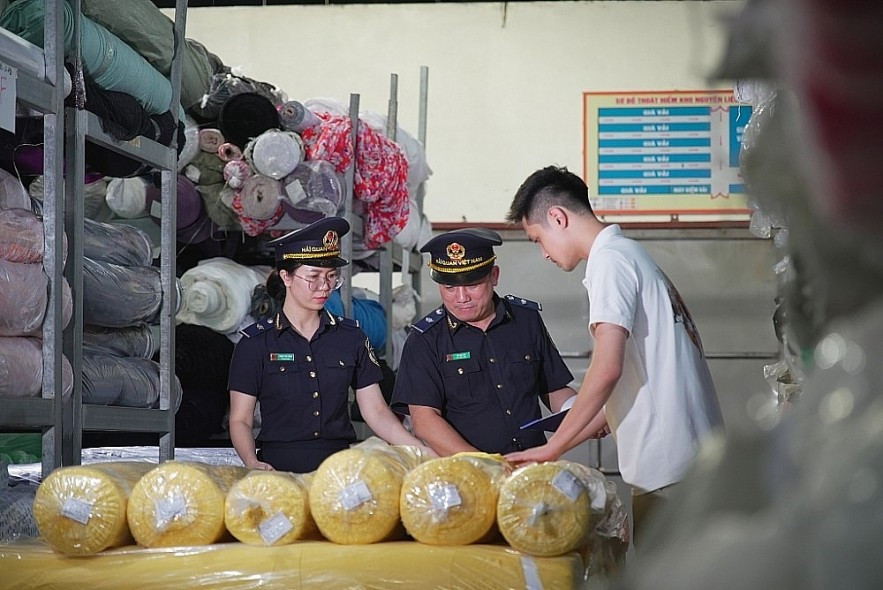
Concerns about the legal basis for on-site import and export
Recently, the General Department of Customs has submitted to the Ministry of Finance to seek opinions from ministries, branches, localities, and business associations on amending and supplementing Decree 08/2015/ND-CP detailing and implementing measures for the Customs Law on customs procedures, inspection, supervision, and control. The drafting agency plans to submit it to the Government for promulgation in 2024, effective from the beginning of 2025, in sync with the implementation of the Digital Customs and Smart Customs projects by customs agencies.
The draft Decree has been appraised by the Ministry of Justice and submitted to the Government twice. The Government Office has also sought comments from Government members on the draft Decree. However, due to the remaining comments from the Ministry of Industry and Trade and the Ministry of Justice on the legal basis related to the provisions in Article 35 of Decree No. 08/2015/ND-CP on customs procedures for on-site export and import goods, the draft Decree has not been approved.
Through review, the General Department of Customs found that only the 2005 Commercial Law, the Law on Foreign Trade Management, and Decree No. 69/2018/ND-CP stipulate that Vietnamese enterprises that undertake processing for foreign traders are allowed to carry out a number of on-site import and export activities such as: on-site export and import of processed products, machinery, and equipment for lease or loan; raw materials, accessories, and surplus supplies; waste and scrap.
The 2001 Customs Law and other laws do not regulate the form of on-site import and export for goods trading activities with foreign traders, but are assigned to deliver goods in Vietnam.
However, based on the above sub-law documents (decrees, circulars), on-site import and export activities have been carried out since 1998. Subsequent documents have been amended and supplemented on the basis of inheritance and completion to ensure conformity with commercial practices and facilitate the trading of goods.
Furthermore, for on-site import and export activities, goods are bought and sold domestically, without moving goods out of Vietnam's borders. According to the General Department of Customs, this is essentially a domestic trading activity. The only objects of management of the customs authority are export and import goods. The customs authority does not carry out customs procedures for this activity, converting it into a domestic trading activity managed by the domestic tax authority.
These issues require a comprehensive assessment of on-site import and export activities to propose amendments and supplements appropriate to their nature.
Save about 36 billion VND/year
In the process of drafting the Decree, the General Department of Customs has researched and consulted the experiences of other countries as well as the standards in the Kyoto Convention. As a result, there is no regulation on the form of on-site import and export as stipulated in Vietnam.
In addition, when reviewing laws such as the Commercial Law, the Foreign Trade Management Law, the Customs Law, and the Import-Export Tax Law, there are no regulations on the delivery of goods in the supply chain between two enterprises through processing activities, or export production through buying and selling between Vietnamese enterprises and foreign traders with or without presence in Vietnam.
According to Mr. Au Anh Tuan - Deputy Director General of the General Department of Customs, in order to unify the state management of customs, in accordance with the nature of goods transactions, the drafting agency proposed to abolish the entire Article 35 of Decree 08/2015/ND-CP. Because according to the impact assessment, the abolition of Article 35 of Decree 08/2015/ND-CP is reasonable and creates convenience for both enterprises and customs agencies.
According to calculations, if this regulation is abolished, businesses can save about 36 billion VND/year in customs fees (customs declarations); along with costs in terms of time and resources. Meanwhile, customs agencies will reduce many administrative procedures, time, and human resources to carry out customs procedures for on-site import and export goods.
Notably, the leader of the General Department of Customs said that the abolition of Article 35 of Decree 08/2015/ND-CP will not greatly affect the operations of enterprises under the scope of this regulation. Because enterprises with import activities for export processing and export processing enterprises will continue to carry out on-site import and export activities according to the guidance in Article 86, Circular 38/2015/TT-BTC regulating customs procedures; customs inspection and supervision; export tax, import tax and tax management for exported and imported goods.
Only in the case of enterprises that trade goods with foreign organizations and individuals without a presence in Vietnam and are designated by foreign traders to deliver and receive goods in Vietnam, must they be assessed and classified to apply appropriate management forms.
In addition, the tax incentive policy for this activity must also be reviewed comprehensively. Because currently, one of the conditions for tax exemption for input materials is to have export activities (export on the spot, export to duty-free zones, export abroad). To ensure the rights of enterprises, in the long term, it is necessary to amend all related laws, the most fundamental of which is to amend the Law on Export Tax, Import Tax, and the Law on Value Added Tax, in which, amend at the decree level the conditions for tax exemption.
Source


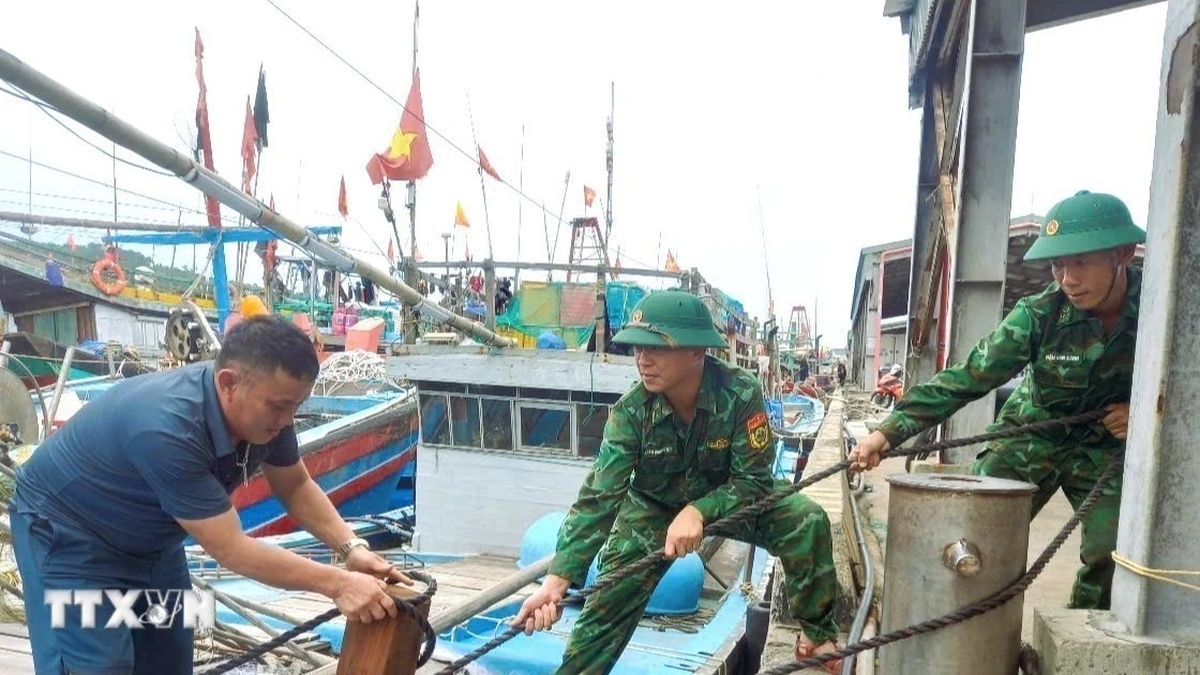

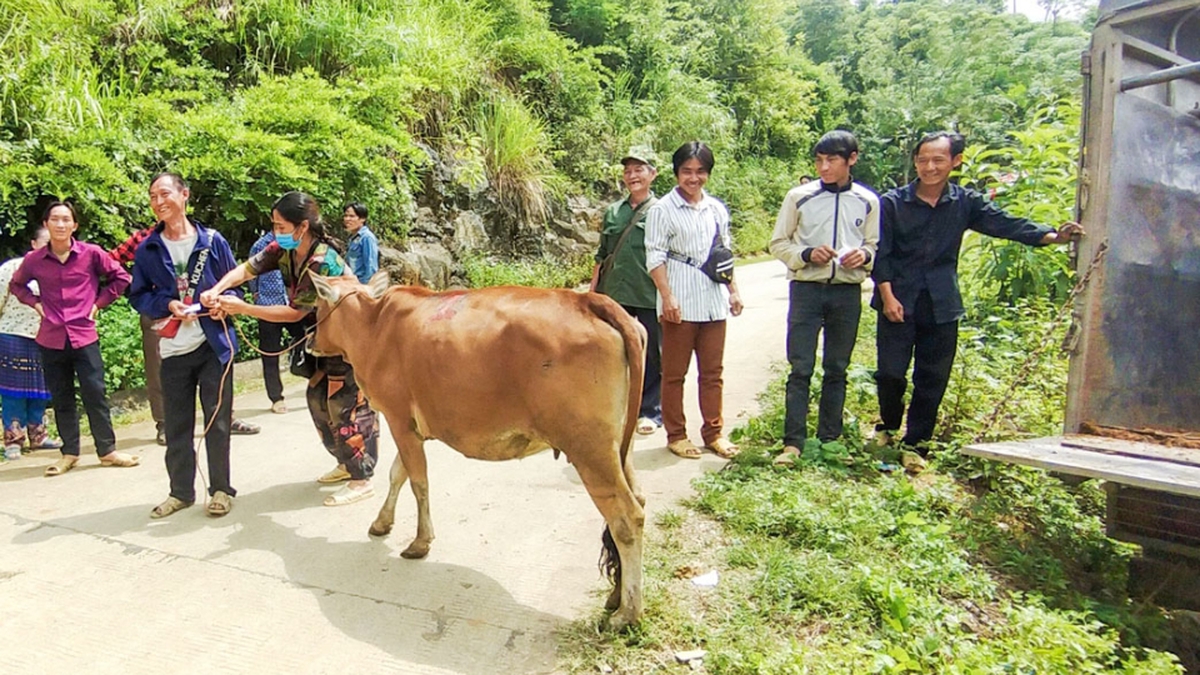
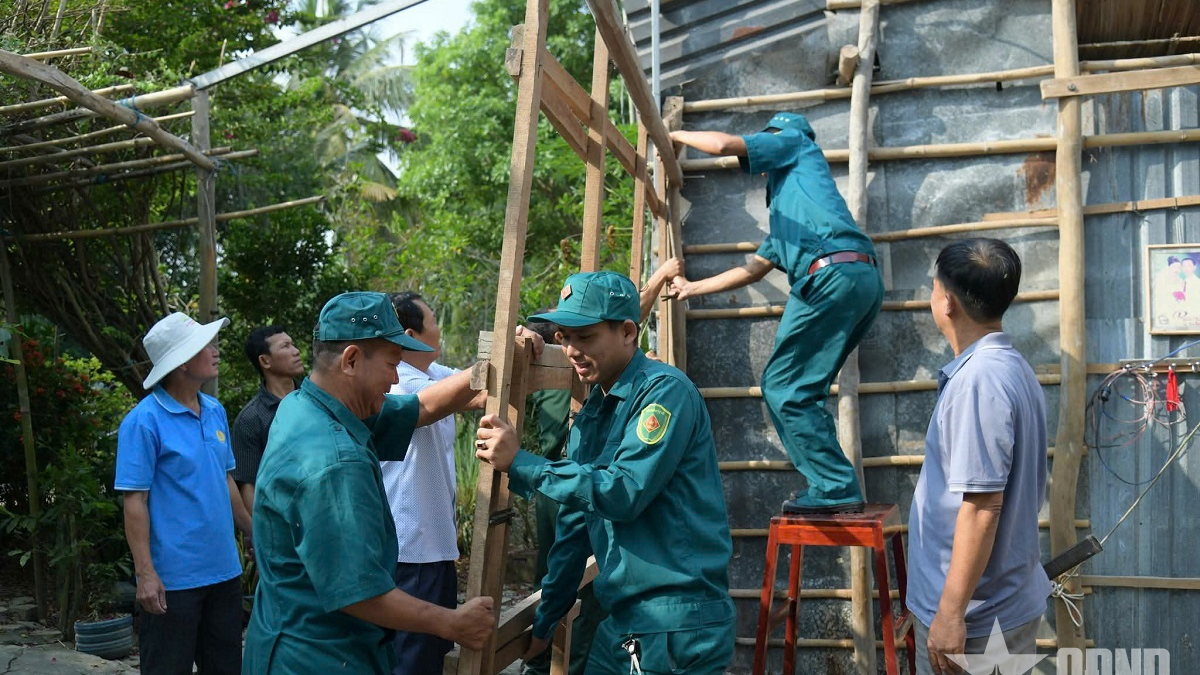
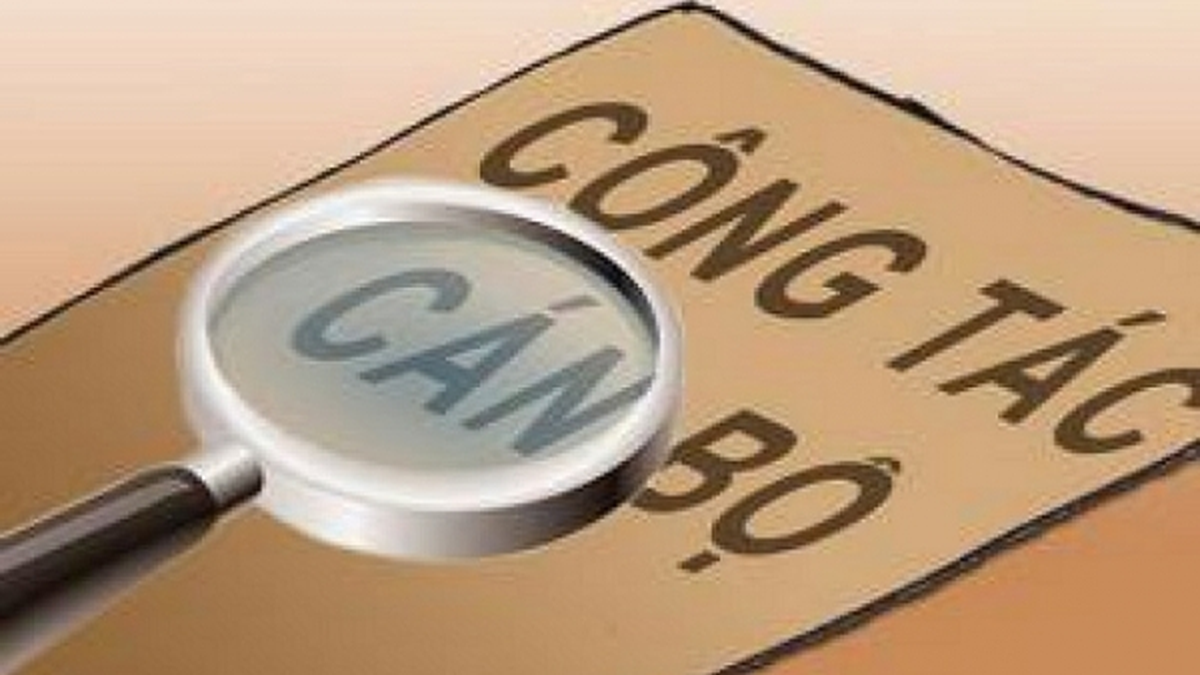
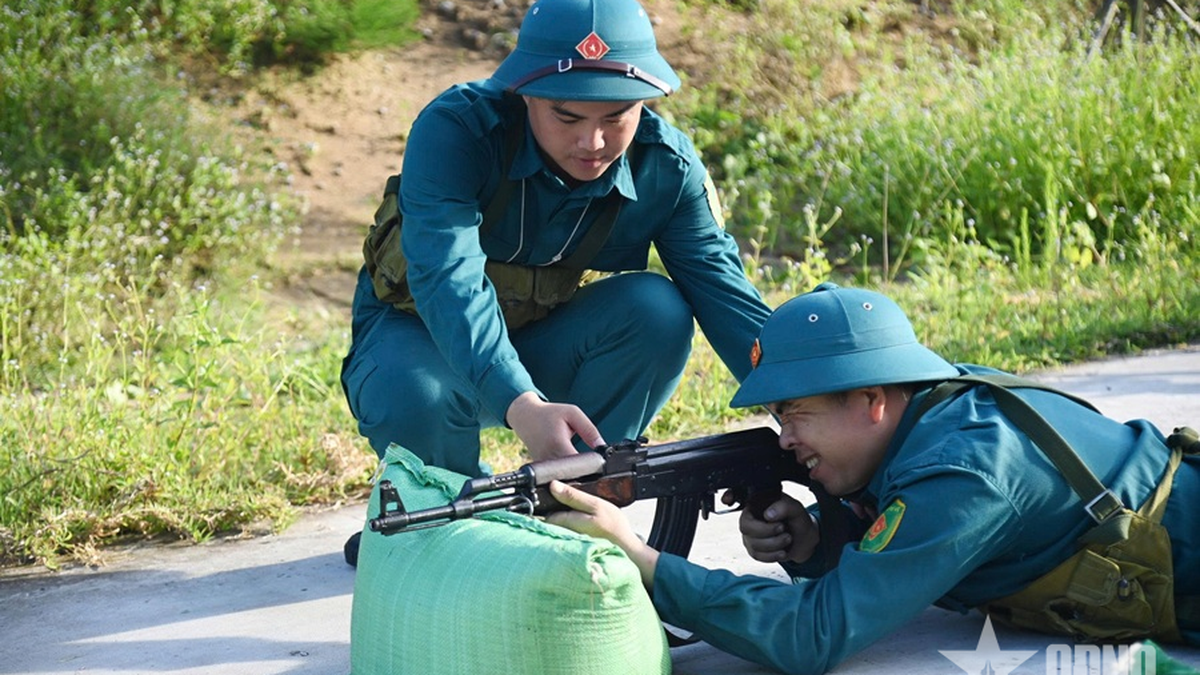


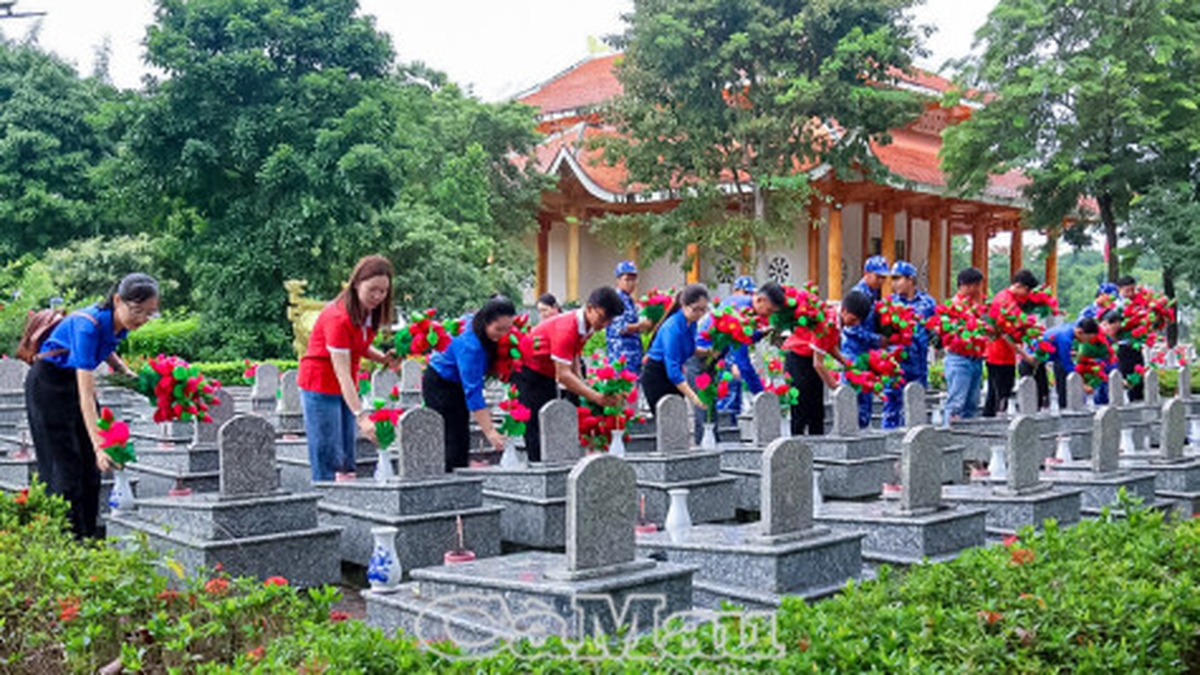














![[Photo] National Assembly Chairman Tran Thanh Man visits Vietnamese Heroic Mother Ta Thi Tran](https://vphoto.vietnam.vn/thumb/1200x675/vietnam/resource/IMAGE/2025/7/20/765c0bd057dd44ad83ab89fe0255b783)







































































Comment (0)